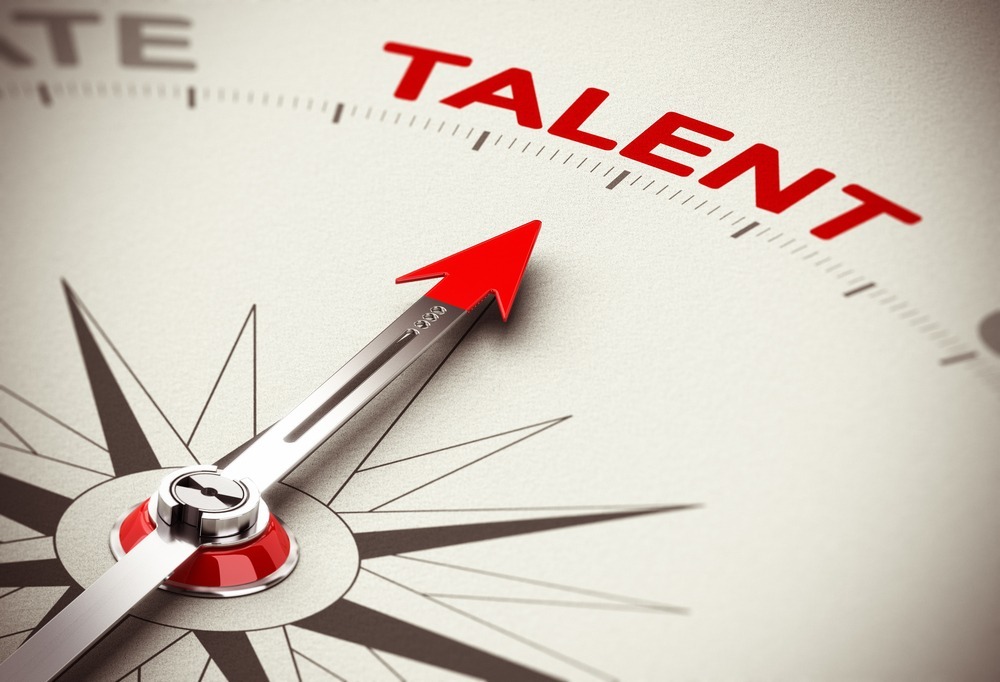
Today, I get the long three-day weekend. Consultant and talent specialist, Mike Stern, takes over the keyboard to talk about his favorite topic:
The changing role of air personalities on broadcast radio.
Actually, their role hasn’t changed much over the years. And that’s Mike’s point. They have been the linchpins that have historically defined great brands. It was true when J.F.K. was president, and it’s true today.
How other industry’s value their talent is the object lesson of Mike’s post. – FJ
Mike Stern
It seems like the 2022 Jacobs Media Techsurvey caused more consternation, hand-wringing, and commentary than in previous years. In a recent blog post, Fred summed up the all this attention and varied opinions which included a week of articles in Radio Ink where some of the industry’s biggest names shared their thoughts on how the industry can and should progress from here.
Many of those contributors either directly or indirectly spoke of the importance of talent to the future of our industry. A belief furthered by this slide from the new boxcar load of data that shows how respondents indicate how personalities are more important to radio listening than the music stations play:
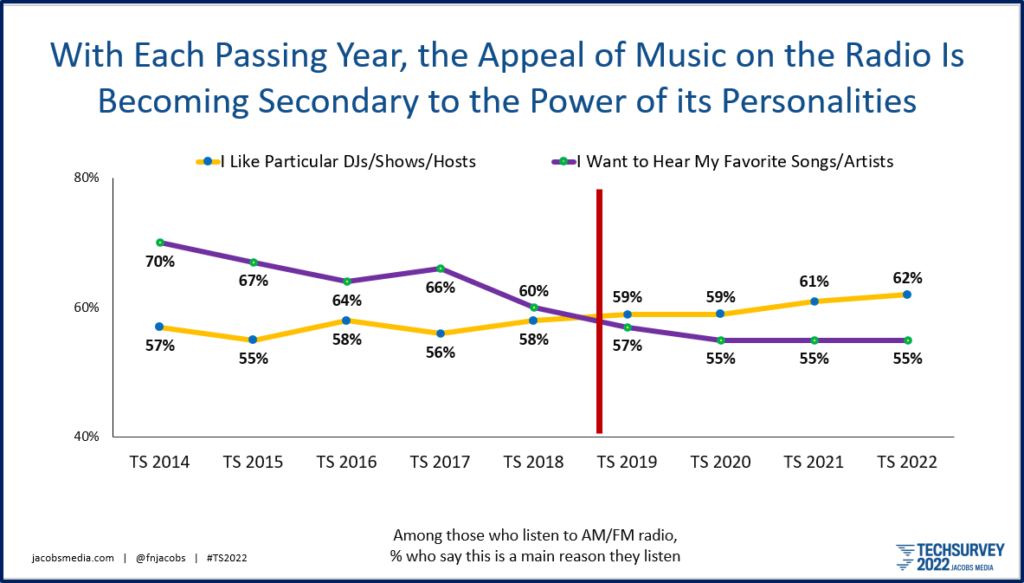
These two radio lifelines crossed in 2019, and since then, the gap has widened.
But wizened observers of radio shouldn’t have been surprised by these trends – the radio industry has been moving this way since the 90’s as bigger-than-life personalities like Stern, Limbaugh, and so many others have ruled the radio roost. Then came the iPod in the 00s, and music was well on the way to being commoditized.
Despite all the evidence, however, some broadcasters haven’t gotten the memo. Those so-called Reductions In Force often include the lifeblood of radio – its talent. At a time like this, the focus should be squarely on developing and promoting talent, but that’s still a secondary or tertiary priority at many radio companies.
Yet, while radio pays lip service to the idea of developing more hosts that are able to deliver compelling content and build relationships that bring listeners back to stations on a daily basis, other industries not only underscore the value of talent, but are aggressively investing in its recruitment and development. Submitted for your consideration, here are four examples:
A year or so ago when the Clubhouse app was leading a renaissance in social audio, Reddit launched a new feature called Reddit Talk where users can host group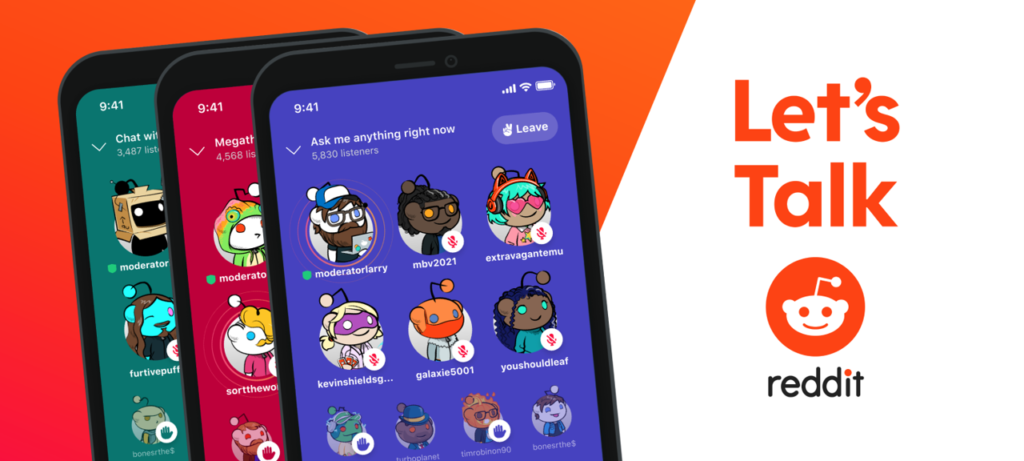 audio chats within their Reddit communities. While other companies who entered the space (Meta, for example) have all but abandoned their efforts in this arena, Reddit recently doubled down on the idea, announcing The Reddit Talk Host Program, created to reward the most active hosts on the platform.
audio chats within their Reddit communities. While other companies who entered the space (Meta, for example) have all but abandoned their efforts in this arena, Reddit recently doubled down on the idea, announcing The Reddit Talk Host Program, created to reward the most active hosts on the platform.
Redditors who qualify for the program will have their talks promoted to potential listeners on the top of the Reddit home page, as well as on the site’s social channels (they’re also giving away some cool swag). Qualified hosts will also be invited to participate in the Reddit Talks Community where they can interact with other active hosts and get advice from the Reddit product team on maximizing their efforts. According to the company, the goal of the program is to, “find and reward great audio hosts on Reddit.”
Takeaway: There is likely talent in your midst – in the audience, in the community, anywhere. And then there are the interns, assistants, and hangers-on – always a potential source. Groom them, grow them, and reward them.
Inside the NBA
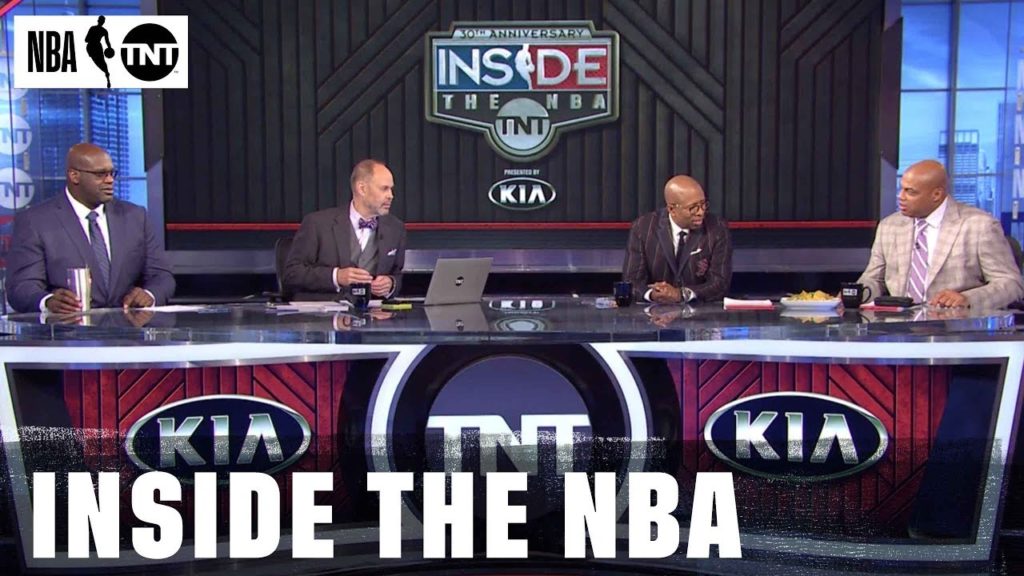
Even the most casual fan of NBA basketball has encountered the best morning show that isn’t on the radio, TNT’s “Inside the NBA.” With apologies to “Morning Joe,” “Inside the NBA” is an ensemble show that airs before, during (halftime) and after TNT’s coverage throughout the season. (By the way, congrats Warrior fans and the city of San Francisco.)
For those who aren’t familiar, the high-profile show features three former players: Shaquille O’Neal, Charles Barkley, and Kenny ‘the Jet’ Smith, along with longtime broadcaster Ernie Johnson, acting as the show’s “zookeeper.” Like all great radio morning shows, each cast member’s role on the show is very clearly defined.
Johnson drives the bus, Smith is the smart one who breaks down the games, O’Neal is the class clown, and Barkley is the outspoken, bombastic bull in the china shop. It’s a great mix, and their willingness to play around on set, take part in crazy stunts, and talk about things beyond just basketball have made it one of the most entertaining and watchable shows on sports TV, and on television period.
But nothing lasts forever. While it might not seem hard to talk basketball in a studio each night, it’s a long season and the hours aren’t great. Barkley is 59 years old, worth an estimated $50 million, and has two years left on his contract And he has already given notice, candidly saying he has no plans to grow old on television.
So, unlike many radio stations with popular but aging morning shows, TNT is thinking ahead and preparing for what’s next.
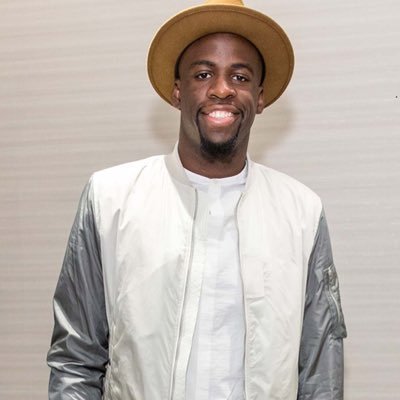 Enter Draymond Green.
Enter Draymond Green.
A few years ago, Green, a former Michigan State Spartan and current Warrior star, who is known for being opinionated and outspoken, got into a very public war of words with Barkley. According to a Deadspin article, Turner Sports was so impressed with the younger player’s brash, unflinching style they started building a relationship with him. Earlier this year, they made him an official part of the “Inside the NBA” on TNT family.
Green started with sideline commentary and player interviews live during this year’s NBA All-Star Game and when his playing career ends, he’ll be ready to jump straight to the broadcast booth, giving TNT at least one new contributor that should help maintain the show’s massive popularity for years to come.
Takeaway: You need a succession plan. Charles Barkley has given TNT a favor: two years notice. But rather than hire another long-in-the-tooth former NBA star, the network is embracing youth in the face and personality of “Dray Magic.” And they’ll need to keep scouting. Shaq’s not going to want to do this forever, and he doesn’t need the money either.
Rolling Stone
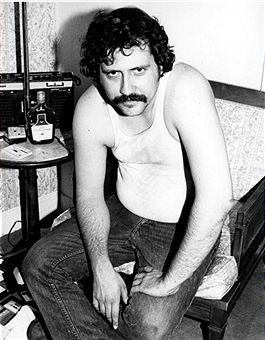
However, like many legacy print publications Rolling Stone had fallen on tough times. The magazine was losing money in 2017 when Penske Media acquired a stake in the publication, and eventually bought the whole shebang two years later.
Since then, things have turned around. Remarkably, 2021 turned out to be the most profitable year in two decades, according to CEO Gus Wenner (son of Jann).
In a short Axios profile, Wenner says there are two things driving the turnaround: a renewed investment in live events, and a new focus on content creators. In April, the magazine debuted its inaugural “Creators” issue that included an in-depth profile of YouTube star MrBeast, an interview with TikTok star Bella Poarch and a deep dive into Black creators.
Wenner calls the issue a “crescendo moment” and says the plan is to focus heavily on covering creators as part of youth culture. That commitment also includes teaming up with Meta for a series of “Creator House” events dedicated to highlighting influential voices and emerging talent the first of which was held at SXSW in Austin.
Takeaway: Rolling Stone has realized that it’s about young talent, the next-gen of great storytellers who can make magic for Gen Zs. Yes, young people may love their Classic Rock, but to build new readership and sustainability, an investment in young talent is essential. This is a key lesson for hundreds of radio brands trying to evolve with their personality lineup.
The fitness industry
Plenty of ink has been spilled writing about the ups and downs of Peloton, and the rest of the fitness industry, throughout the twists and turns of the pandemic. The onset of lockdowns led to more people than ever working out at home, causing sales of Pelotons and similar fitness equipment to skyrocket. Then, as gyms reopened and people started going out again, equipment purchases – and the stock price – fell.
Peloton stock was above $160 a share in late 2020, and closed below $10 yesterday. It’s been a tough decline for a company that was a Wall Street darling during the darkest of COVID days.
But one result was the emergence of fitness instructors as stars and influencers – not the bikes. And just like in Techsurvey, that trend is unlikely to change. In a recent article in The Ringer, Jacqueline Kantor explores the relationships these popular fitness influencers have with their fans. The stories are mind-blowing.
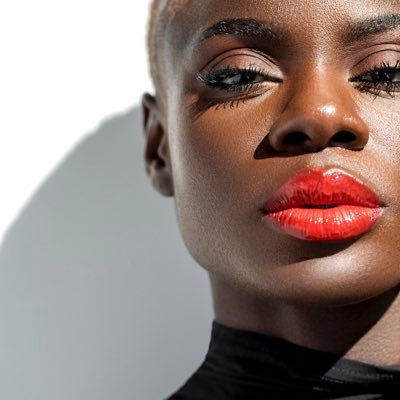
One woman says it would be equally as exciting to see Tunde Oyeneyin (pictured) – her favorite fitness instructor – walking down the street as it would be to see Oprah. That’s the level of interest and adoration popular celebrity fitness instructors are generating. Kantor also points out that part of what has made these relationships so strong is the ability for people to interact with the instructors beyond the actual workouts via social media.
A strong presence and accessibility – much like radio personalities can have – has taken these Pelotonic relationships to higher levels, as fans seek stronger connections with their fitness heroes.

And where there is talent there is money. According to Kantor, instructor Kayla Itsines recently sold her Sweat App for $400 million, while Jen Seltzer, famous for her glute-building exercises, earns an estimated $72,000 per sponsored post.
Then there’s Cassey Ho (pictured) who started posting Pilates workouts on YouTube in 2009. She now has 5.5 million followers, has released a home gym collection for Target, and brings home north of $2 million in annual income.
Takeaway: It’s not just about gadgets – in this case, hi-tech spin bikes. As Peloton has learned, it’s about the people who motivate its customers to write every day, to compete harder, and to take one more class. It’s like TSS – time-spent spinning. And it means those Peloton bikes get more valuable (and wear out) with each hour spent cycling. When radio talks habit and regularity, look no further than the fitness industry.
There’s a lot to take away from looking at how other industries value radio’s most important asset – talent.
In fact, they’re obsessed with their talent pipelines, development, and coaching. Radio continues to spend money, time, and effort on its music programming, while talent typically remains a secondary issue.
Yes, Rolling Stone is thinking about its charts, Peloton is tweaking its bikes’ hardware and software, TNT is developing cool graphic, and Reddit is making sure its metrics are strong.
But their investment is where radio’s should be.
On talent.
If you’re on the air in commercial radio, look for AQ4, radio’s only survey of personalities, coming soon.
- Does Your Radio Station Need A Princess? - December 17, 2024
- With A Name Like Smucker’s… - December 10, 2024
- Kondo And Romo:The Pros And Cons Of Regression - February 10, 2023




Catching up with the blog a day after Fred published Mike’s guest piece pointing up how others have met a challenge that also faces this industry, I’m disheartened to perceive the response from radio managers: a deafening silence. Not good.
John, I find blog posts published on a Friday in the summer are often doomed to a tepid response. That said, it would’ve been heartening to hear from the management side of the equation. When you realize how talent has become the currency of other industries, it begs the question of whether in same quarters, radio broadcasting has misplaced its compass.
John:
Thanks for the comment. Despite the lack of response, I think we have to keep pushing for the sake of the industry.
Great piece, boss. I really had to push mgmt to trust me that integrating someone younger and less polished on my show would pay off and it has. Broadens your audience and expands your scope of possibilities for content.
Indeed it does. Thanks, Alan.